Society of Scholars

The Society of Scholars is an intellectual community of humanists of diverse generations, academic ranks, and departmental affiliations who contribute to and learn from one another’s work. Each year, approximately eight faculty and three dissertation research fellowships support members of the Society of Scholars. Scholars in year-long residence at the University of Washington may be invited to participate as well. The group meets biweekly throughout the year to discuss their research in progress.
Apply for the Fellowship (Faculty)
2025 - 2026 Society of Scholars


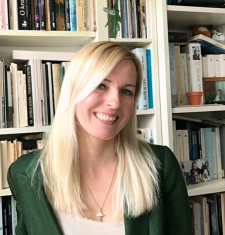
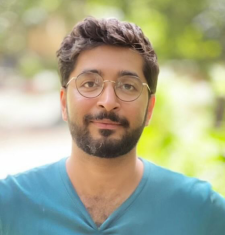

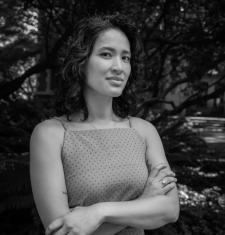
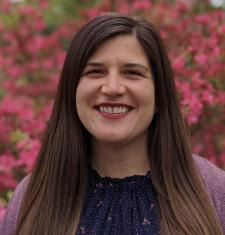




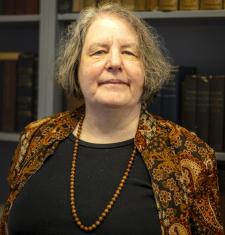

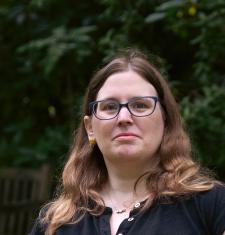




2016 - 2017 Society of Scholars Fellow
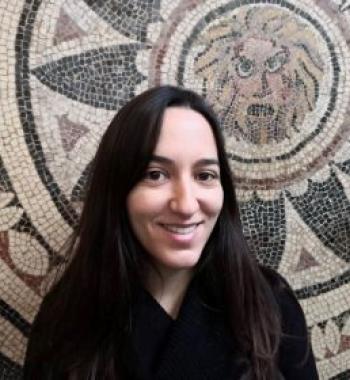
Adriana Vazquez (she/her/hers)
Vates and Initiates: Roman Poetic Manipulation of Greek Mystery Cult
This dissertation reconsiders the world and literature of the Roman Augustan period through the lens of Greek mystery cult as an important tool for reshaping religious, political, and poetic thought. The Greek mystery religions, with their focus on written material and on the achievement of a kind of immortality in death, provided new and exciting mechanisms for negotiating life under a new political regime, the Roman Principate.